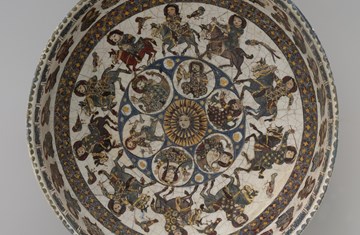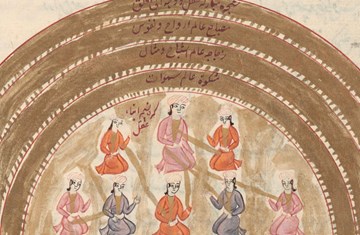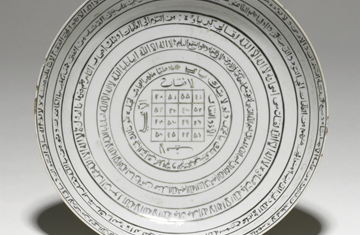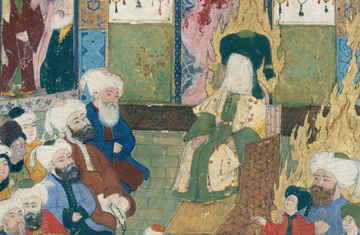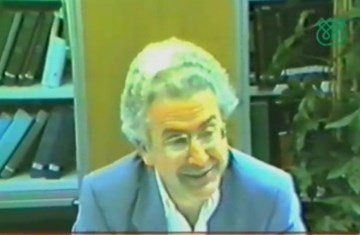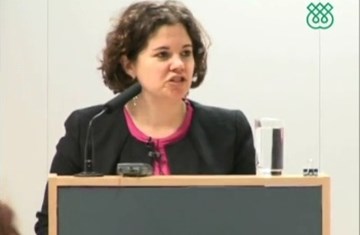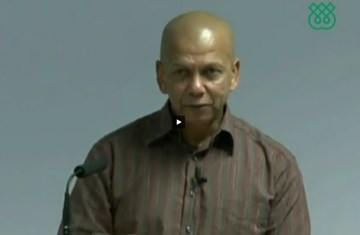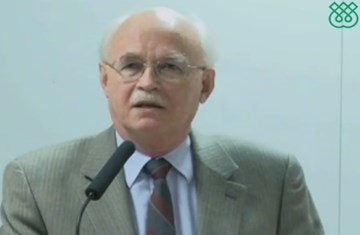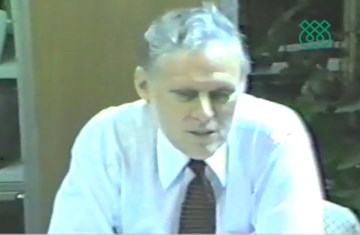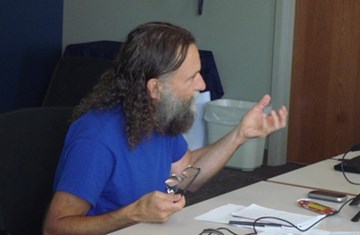A Thousand (and One) Interpretations of the Qur'an
This lecture by Dr Omar Ali-de- Unzaga gives a glimpse into the multitude of interpretations of the Qur’an that have been in coexistence for more than a thousand years.
Dr Ali-de-Unzaga points out that while each interpretation may invariably claim to be the true one to the exclusion of others, it is remarkable that many of these interpretations have been in coexistence for more than a thousand years.
At the heart of the lecture is the call to appreciate the Qur’an as a ‘process’ and not as a product. Dr Ali-De Unzaga argues, based on the fact that the Prophet Muhammad received divine revelations over a span of 22 years (610-632 CE), that the Qur’an is best understood ‘in the making’. As the Prophet conveyed the revelations to his contemporaries in the form of “recitations” (the literal meaning of the word “Qur’an”), these were memorised, gathered together and ultimately recorded in writing in the form of a book, latter only after the prophet’s demise. Therefore, any study of the Qur’an should appreciate the Qur’an in its own time, within the contextual specificities that it has, as well as the universal messages that it embodies.
The lecture also highlights that the Qur’an is mainly concerned with personal and social ethics, and not only the theological issues. Thus, in essence, Qur’an advocates the creation of a just society. Dr Ali-De-Unzaga points out, through the various examples, how the believers have interpreted the Qur’an differently under different times, places and circumstances - right from the time of revelation, and through the lenses of various disciplines such as Philosophy, Theology, and Linguistics amongst others - throughout Muslim history and in contemporary times.
Exploring the diverse interpretations of the Qur’an, Dr Ali-de-Unzaga invites Muslims and non-Muslims to appreciate the Qur’an in the light of the ‘venerable’ history of interpretation of the scriptures – not only as a historical phenomenon but also as a living text that provides a key to making some sense of today’s turbulent world. To this end, he urges the audience to become familiar with their own intellectual history as well as with the complexities of Muslim intellectual history.

